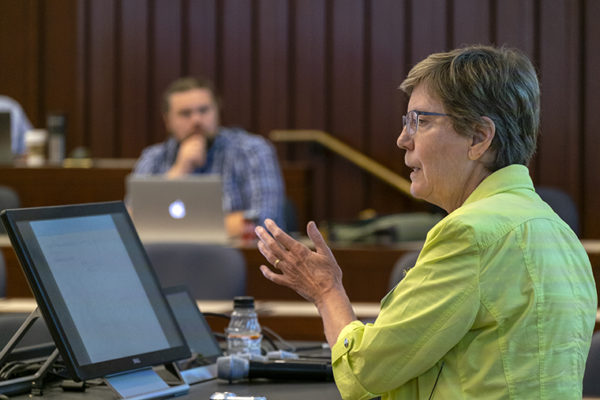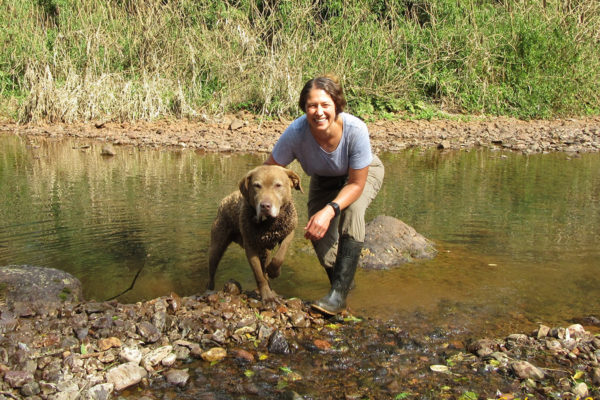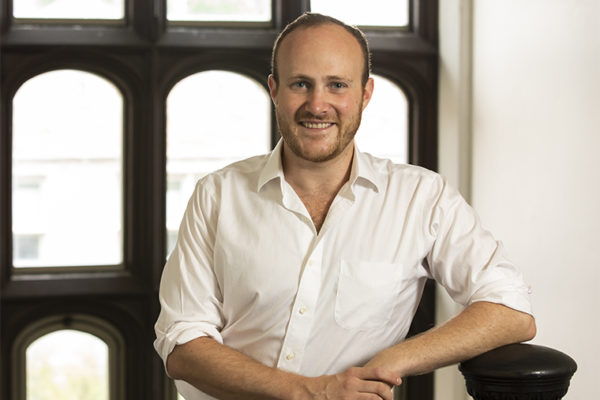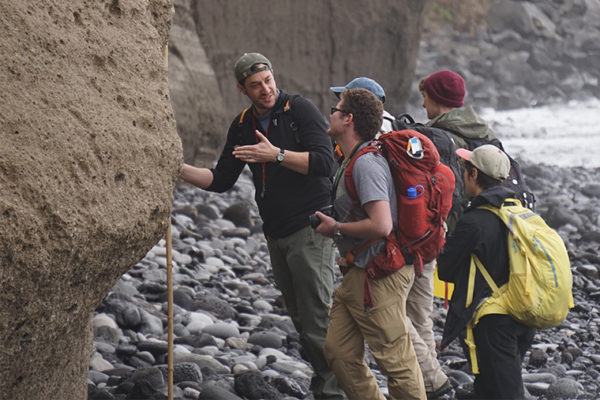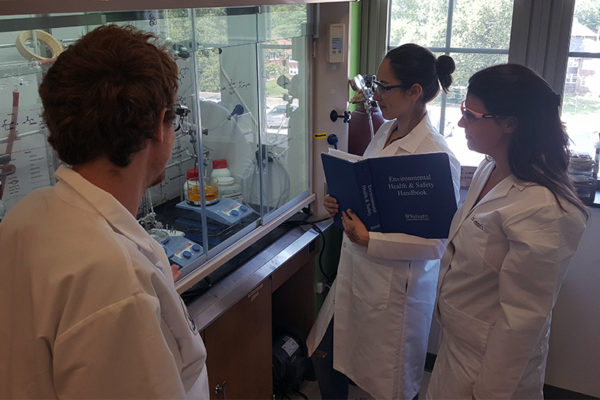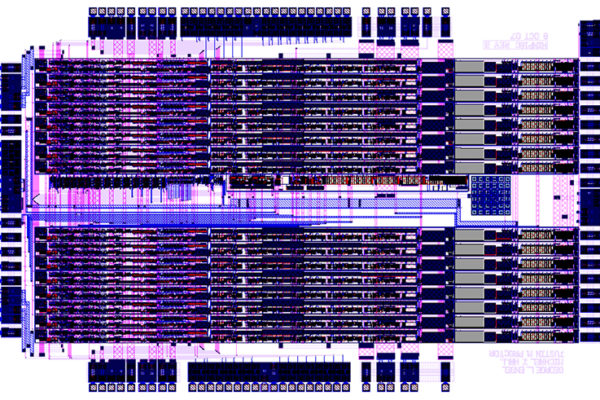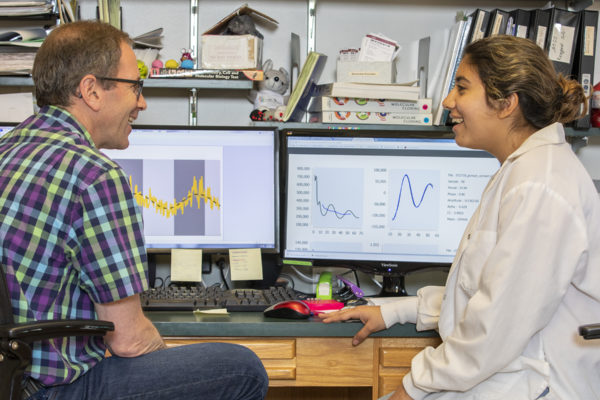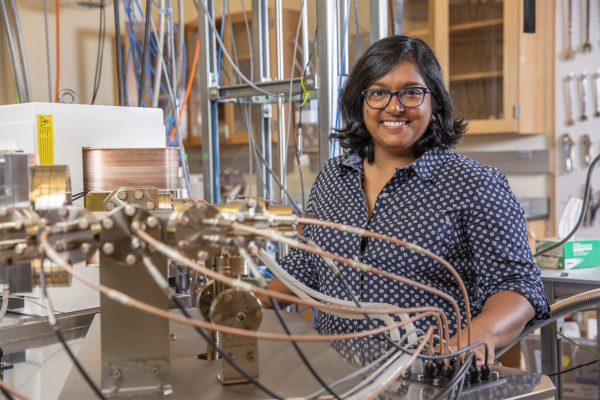Statistically sound
A National Science Foundation-funded workshop recently brought more than 75 statistics researchers to the Danforth Campus. Organized by Todd Kuffner of Arts & Sciences, this is the third year the event has been hosted at the university, and the first since math changed its name this summer to the Department of Mathematics and Statistics.
Engines through the ages: Nobel laureate to deliver Weissman Lecture
2016 Nobel laureate Fraser Stoddart will deliver the Weissman Lecture Oct. 4 at Washington University in St. Louis. The lecture journeys into mechanical innovations realized during the early and mid-20th century and a new type of bonding in molecules consisting of mechanical linkages. It is free and open to the public.
Sniffing out error in detection dog data
New research by Karen DeMatteo, a biologist in Arts & Sciences, finds three alternative explanations beyond errors in handler or dog training that can explain why dogs trained to identify scat for conservation purposes sometimes collect non-target scats.
Noodling around
Steven Frankel, assistant professor of mathematics in Arts & Sciences, talks about why there are no obvious questions in math — and the link between the geometry of a space and how that space changes over time.
Field Notes | Azores, Portugal
Students in an undergraduate class in Arts & Sciences traveled to the remote Portuguese Azores archipelago to study field geology techniques in a rugged landscape shaped by volcanoes and shifting tectonic plates.
National award honors chemistry department’s safety innovation
The Department of Chemistry in Arts & Sciences recently received an Innovation Award from the Campus Safety, Health, and Environmental Management Association and Association of Public and Land-grant Universities in recognition of its outstanding program that improves research safety on campus.
Improving nuclear detection with new chip power
A cross-disciplinary team of chemists and physicists in Arts & Sciences is building a better computer chip to improve detection and surveillance for the illegal transport of nuclear materials at U.S. borders. The work is part of a new, five-year, $10 million collaboration in low-energy nuclear science led by Texas A&M University.
A path to diversity in neuroscience
With a strong focus on community, the undergraduate pipeline program ENDURE at Washington University in St. Louis prepares students from diverse backgrounds for neuroscience doctoral programs.
There and back again: Mantle xenon has a story to tell
Rita Parai, assistant professor of geochemistry in Arts & Sciences, constrains the history of volatile transport from the atmosphere into the deep Earth in a new publication in the journal Nature.
Bacteria in a changing environment
Petra Levin, professor of biology in Arts & Sciences, was recently awarded a $2 million grant to identify and characterize the molecular circuits that coordinate or limit the growth and reproduction of bacteria.
View More Stories
